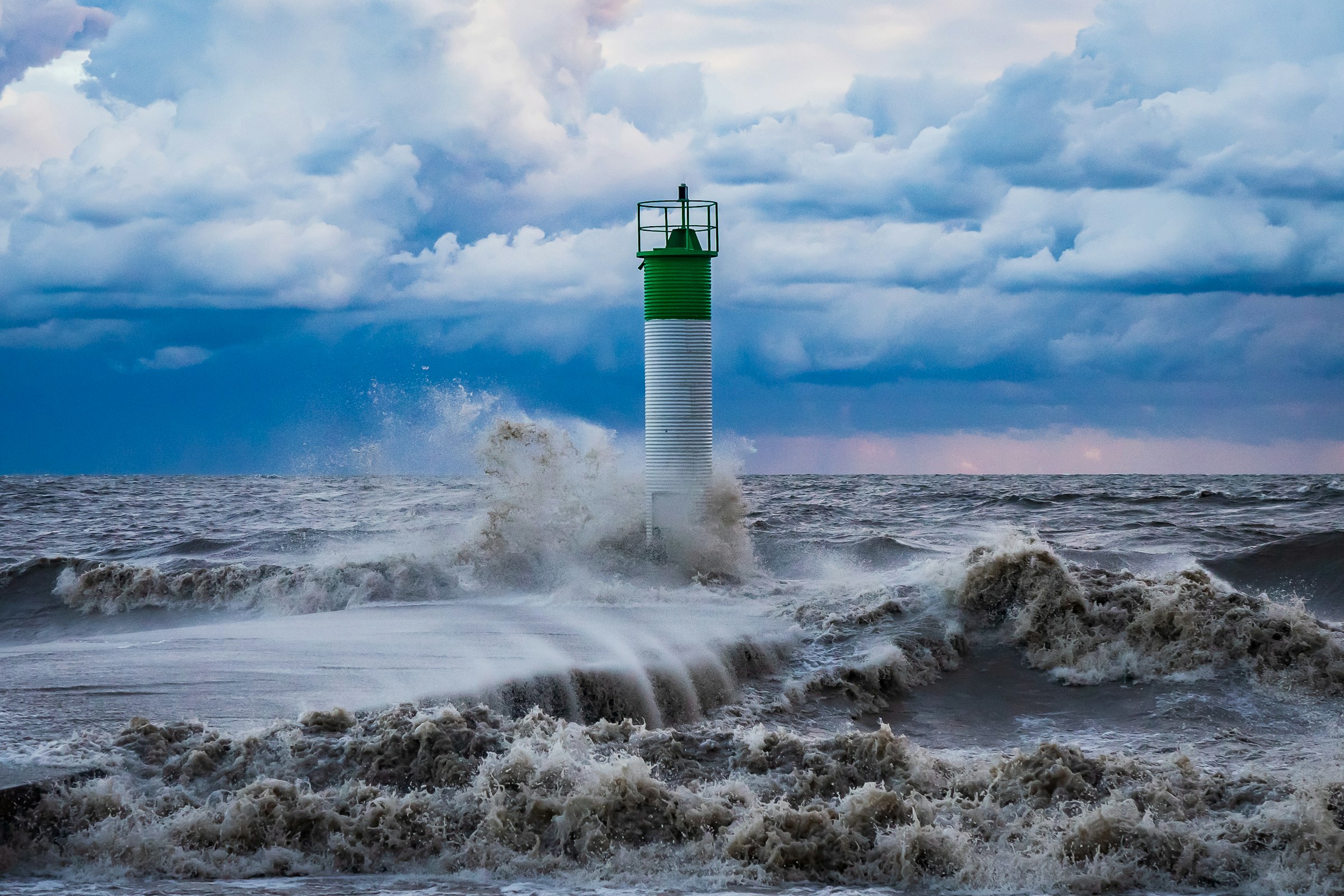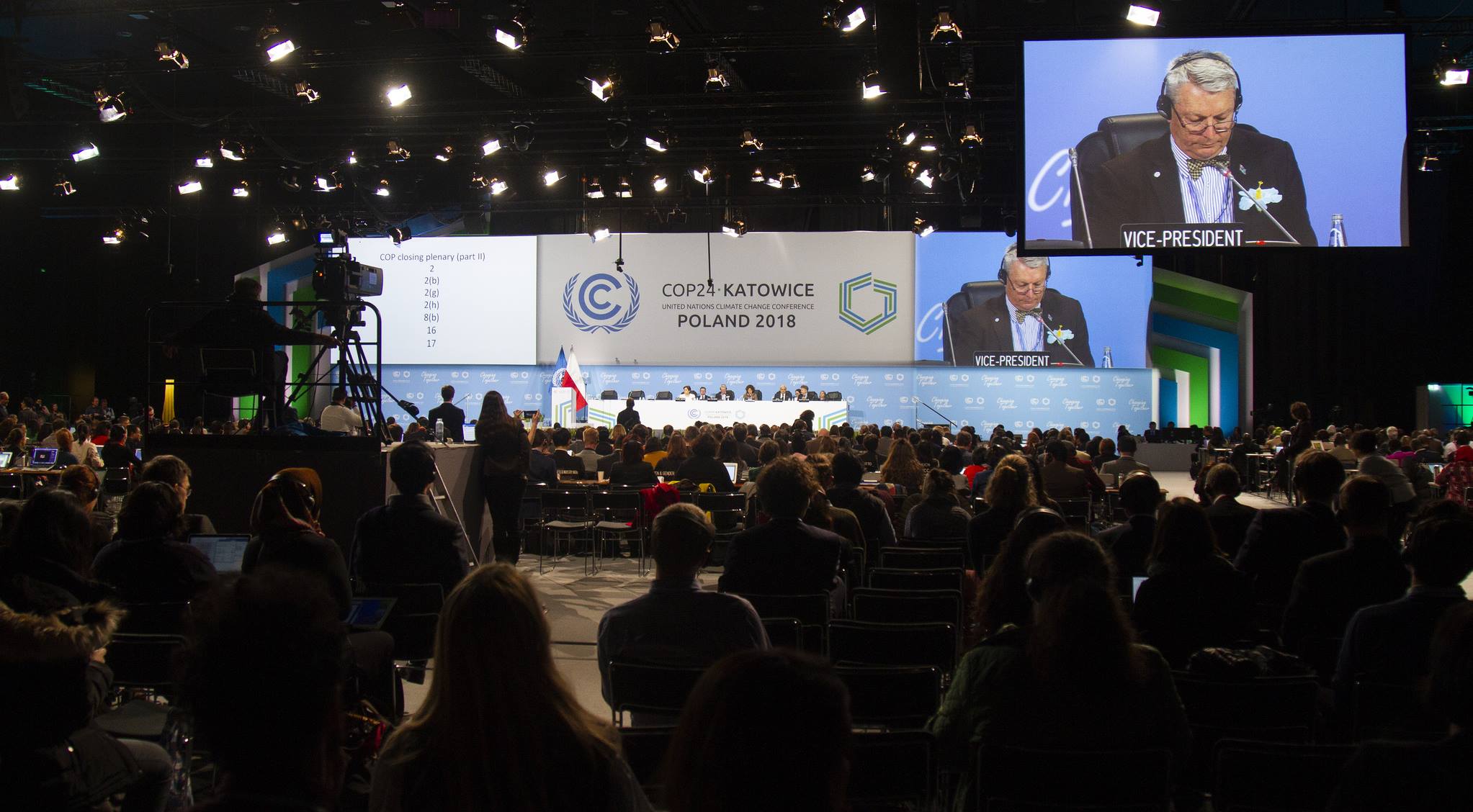Nikenike Vurobaravu, president of the small pacific islands of Vanuatu, which are home to little over 310,000 inhabitants, took to the stage at New York’s 77th UN general assembly. He delivered an impassioned speech that called out high-income countries for their lack of action on finance and demanded that countries sign up to a fossil fuel non-proliferation treaty which would put an end to all new coal, oil and gas projects whilst phasing out existing ones.
This is the first time that a nation has made such a demand and in his speech president Vurobaravu explained: “Every day we are experiencing more debilitating consequences of the climate crisis. Fundamental human rights are being violated, and we are measuring climate change not in degrees of Celsius or tonnes of carbon, but in human lives. This emergency is of our own making.”
The Fossil Fuel non-Proliferation Treaty, inspired by the Treaty on the Non-Proliferation of Nuclear Weapons which has sought to prevent the spread of nuclear weapons since 1970, not only seeks to put an end to the fossil fuel era but at the same time enables a just transition that can keep the world on track with the Paris Agreement objectives.
Michael Poland, campaign director for the fossil fuel non-proliferation treaty initiative, an independent organization calling for such a treaty, said Vanuatu’s proposal was important to start discussions around the issue.
“Vanuatu’s call for a treaty will not only build on this momentum ahead of COP27 but begin a new chapter of diplomatic engagement around the proposal,” Poland told Climate Home News.
Furthermore, Vurobaravu also urged the UN general assembly to request that the International Court of Justice provide a climate litigation toolkit which would be used to determine what human rights and environmental laws mean for states’ responsibility to act on the causes and consequences of climate change.
Although this would not amount to establishing reparations rights for victims of climate change disasters it would help vulnerable countries gain leverage in climate negotiations.
“Vanuatu has now built a growing coalition of more than 80 nations who are backing their call for an advisory opinion from the International Court of Justice,” continued Poland when talking to Climate Home News. “This initiative, and their call for a fossil fuel treaty, is part of their efforts in pushing for governments to pursue all legal avenues possible towards climate justice.”
“Vanuatu’s call for a treaty will not only build on this momentum ahead of COP27, but begin a new chapter of diplomatic engagement around the proposal,” says @michaelpoland_
A HUGE day for #FossilFuelTreaty campaign today with this historic call 🤩https://t.co/7VSFKWPOud
— Fossil Fuel Non-Proliferation Treaty Initiative (@fossiltreaty) September 23, 2022
Who will pay
The issue of climate justice and who should pay for the effects of climate change took centre stage in climate discussions at the UN general assembly. Secretary general António Guterres said that “polluters must pay” for the effects of extreme weather events.
“Today, I am calling on all developed economies to tax the windfall profits of fossil fuel companies […] Those funds should be redirected in two ways – to countries suffering loss and damage caused by the climate crisis and to people struggling with rising food and energy prices.”
In what was possibly his bleakest ever address, Guterres went on to say that: “Let’s have no illusions. We are in rough seas. A winter of global discontent is on the horizon, a cost-of-living crisis is raging, trust is crumbling, inequalities are exploding and our planet is burning. We have a duty to act and yet we are gridlocked in colossal global dysfunction. The international community is not ready or willing to tackle the big dramatic challenges of our age.”
The call for taxing windfall profits of fossil fuel companies was also echoed by activists and the European Union which is seeing prices skyrocket in the wake of the Russian invasion of Ukraine.
In fact, The European Commission is moving forward in the application of a levy on surplus profits made in 2022 by oil, gas, coal and refining companies – in an attempt to raise funds that can help consumers and businesses that are struggling to deal with soaring energy prices. The measure would tax “surplus” profits that are 20% above a company’s average taxable profits in the last four years, under the compromise drafted by the Czech Republic which currently holds the EU’s rotating presidency.
However, Guterres’s proposal would also see money raised through these taxes being directed towards developing countries suffering loss and damage from climate change, and used to bolster resilience and pay for recovery measures after extreme weather events.
Low-income countries used the 77th session to further push their request for urgent finance mechanisms – which may include new taxes on fossil fuels or flying – for the irreversible losses they are suffering from the climate crisis.
Walton Webson, Antigua and Barbuda’s ambassador to the UN and chair of the Alliance of Small Island States, said: “[We] deserve to live without the looming fear of debt and destruction. Our islands are bearing the heaviest burden of a crisis we did not cause, and the urgent establishment of a dedicated loss and damage response fund is key to sustainable recovery. We are experiencing climate impacts that become more and more extreme with each passing year.”
Although the US president told the UN general assembly in 2021 that his country would become the foremost provider of climate finance to “help developing nations tackle the climate crisis”, pledging over 11 billion USD, wealthy countries have thus far failed to meet the 100 billion USD pledge.
What emerges with even more certainty from the 77th session of the UN general assembly is that loss and damage will be one of the defining issues of the upcoming COP27 in Egypt.
Cover picture: A wide view of the General Assembly Hall as Joseph R. Biden, Jr. (at podium and on screens), President of the United States of America, addresses the general debate of the General Assembly’s seventy-seventh session. Credit: UN Photo/Loey Felipe






